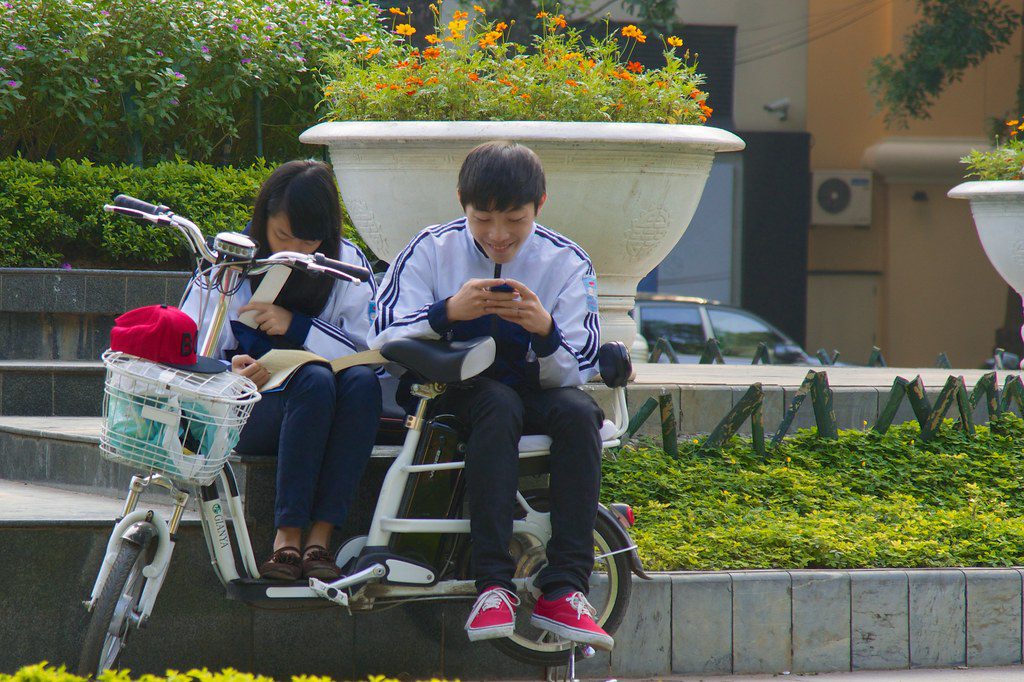Big Long-Term Gains Ahead for Southeast Asia Online Travel, Even With Pandemic Setback

Skift Take
The pandemic has brought about a permanent and massive digital adoption in Southeast Asia. This structural change should be good for online travel. But first it has to swallow a great deal of bad.
Locked down and restricted to travel, 40 million people in Southeast Asia's largest countries turned to the internet for the first time this year, compared with a total of 100 million between 2015 and 2019.
This brings to 400 million the total number of internet users to date in the Philippines, Vietnam, Thailand, Malaysia and Singapore, according to a report by Google, Temasek and Bain & Company. That means 70 percent of the total population of 583 million in the six countries surveyed are now online, compared with 62 percent last year.
Not only that, thanks to Covid-19, “they are consuming and not just browsing,” said Google Southeast Asia's vice president Stephanie Davis during a briefing on Tuesday on the findings of the latest “E-conomy SEA 2020” report.
One in three new users said they consumed a digital service for the first time as a result of lockdowns. Education, groceries and loans were the top purchases. Ninety percent intend to continue their newfound habits post-pandemic.
“The pandemic has accelerated behavior change and online adoption by a year, or two years in some cases, versus our projections,” said Bain's Aadarsh Baijal, partner and head of digital practice in Southeast Asia. “Consumers and SMEs [small and medium enterprises] have adopted digital finan
